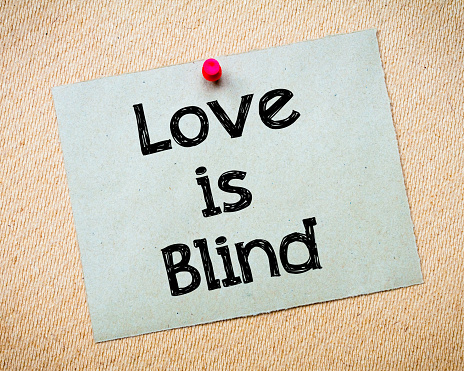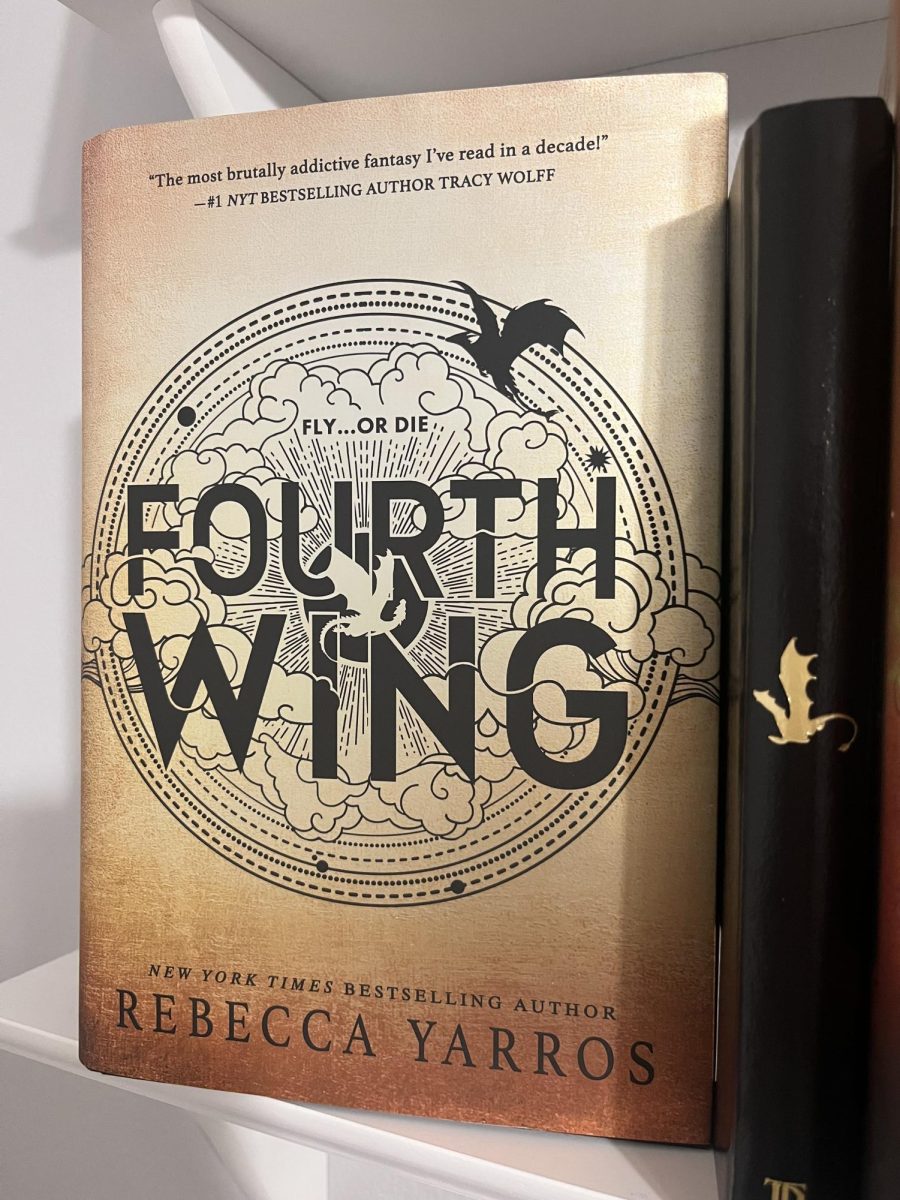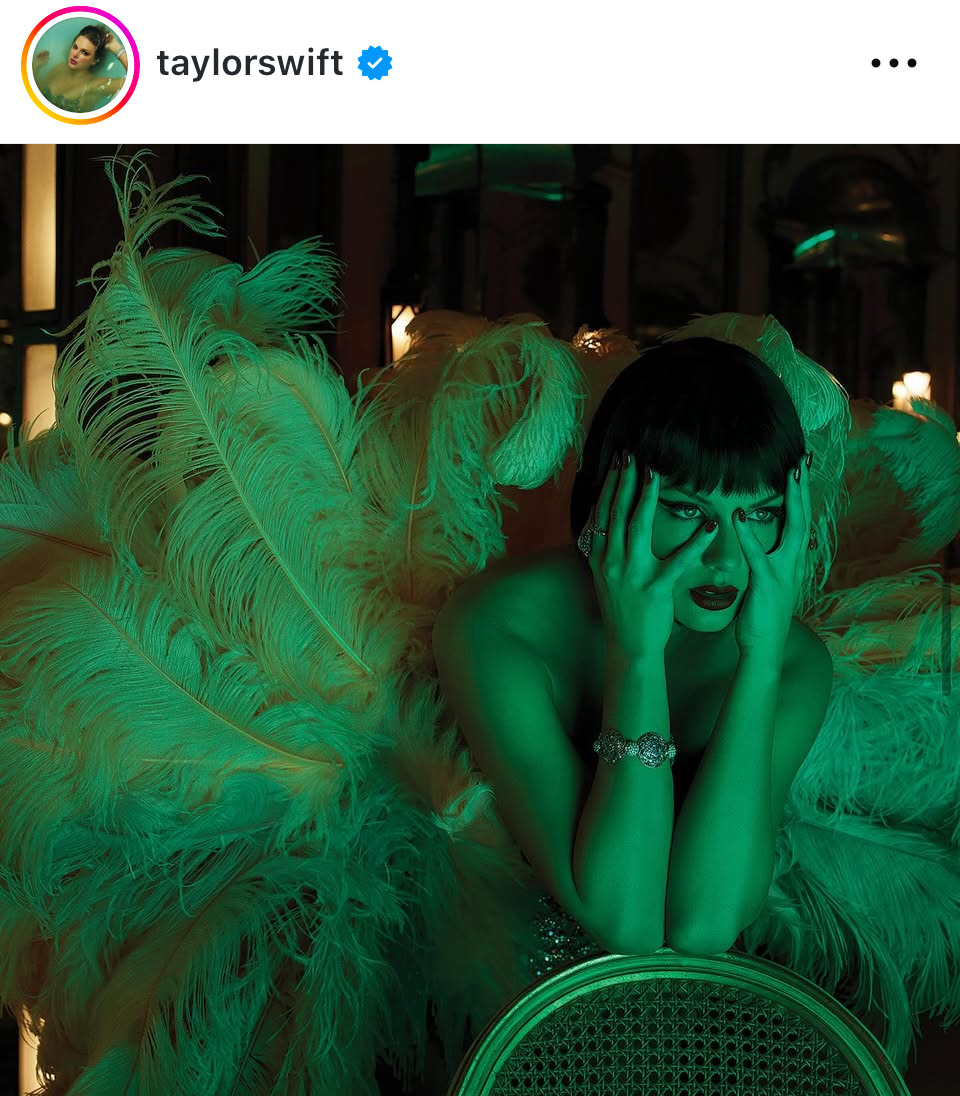Is Love Blind or Are the Producers?

Love is Blind Message. Recycled paper note pinned on cork board. Concept Image
November 29, 2022
Love is Blind season 3 is out. Officially. With the newest season comes the newest round of love, attraction, drama, heartbreak, and of course, marriage, all circulating within a group of 10 people for 8 weeks. Now, despite the exciting buzz surrounding the show, this season, more than ever, clearly depicts the discrepancies between the show’s premise and the structure.
Each season of the show starts off by Nick and Vanessa Lachey, the hosts, explaining the general premise of the “experiment:” determine whether or not Love is Blind. The show then follows an 8 week structured “experiment.” The beginning stage which lasts around 10 days features 15 men and 15 women who meet and date in “pods.” The pods are essentially two rooms separated by a wall that the contestants talk to each other through. During the 10 days, the contestants date multiple people, have deep, meaningful conversations, and eventually may get engaged to another contestant without ever seeing them. Then, the show moves on to the first time that the couples see each other and transitions to a honeymoon which lasts for around a week. Here, all of the couples meet each other and the contestants get to see everyone that they had dated in the pods. Then the show progresses into its final stage: real life. The contestants transition into living together in the real world where they meet each other’s friends and family and navigate sharing a space while also preparing for their wedding which arrives in 4 or 5 short weeks. The final episode shows the wedding day of each of the couples and the outcome of the relationship.
Now that the overview is completed, let’s get into the analysis. Season three of Love is Blind brought with it an exciting new cast as well as an impending sense of doom. Though the wedding scenes in the final episodes are nothing new to the show, it was especially evident this season how they quickened the pace of the couples’ relationships and amplified issues as little arguments became serious causes for concern. With only 4-5 weeks to live in the real world with their partners, the contestants were hardly given a fair chance to figure out if they could live the rest of their lives together. This put unnecessary strain on each relationship as they tried to navigate still getting to know each other while trying to decide if their marriage would work. It becomes pretty clear at the weddings that the couples were not given enough time to build a secure relationship with the other. This obviously creates perfect television for the viewers with dramatic runaway scenes and arguments afterwards, but quite honestly, it foregoes the entire premise of the show: Is Love Blind?
The answer to that question, I can assure you, is yes. Though we are not clued in to the behind the scenes of the relationships, it seems to be clear from the interactions of the couples, the successful marriages from past seasons, and the interviews with the contestants themselves that they really do fall in love in the pods without seeing each other, and most of the time, the issues the couples have don’t have to do with whether or not they love each other. The issues come into play when they see each other face to face and have to learn how to live with each other in the real world as part of a relationship. So, the real question should be: Can Blind Love overcome the obstacles of the real world? Or: Is love enough for marriage?
This leaves the producers with two options: 1) change the premise so that the content matches the overarching ideas of the show or 2) get rid of the weddings at the end. Personally, I would vouch for the first option. Keeping the content of the show would allow the producers to continue to make entertaining television, and changing the overarching theme would be more satisfactory and less fill in the blank for both the contestants and the viewers. The questions that should be used like “can blind love overcome the obstacles of the real world? Or is love enough for marriage?” Would create more interesting conversations in the show and offer a more engaging premise for the audience as well. It would also add a sense of understanding and realism to the show that it currently lacks, which would help future contestants decide if it’s truly worth the experience.
Now let’s be honest, will the producers recognize this issue and change it? Probably not, but that shouldn’t stop viewers from watching and observing its issues and the intricacies of the concepts within the show. Reality TV is widely considered the trash of television and though I can hardly disagree because of the effect it tends to have on the contestants, I think that reality TV that has a clear and relatable concept like Love is Blind can yield new and intriguing conversations that are yet to be had that could not only provide new insight into poorly understood concepts like love but could also change the opinions and common beliefs of everyday people. So, I encourage you to watch reality TV and actually think about it. Don’t let the intriguing concepts and ideas pass you by hidden beneath the layers upon layers of drama. Be an active viewer and open your mind to new, unexplored concepts and you might just find yourself completely enamored and intrigued by the underlying causes of the twists, turns, and turmoils of reality television.




